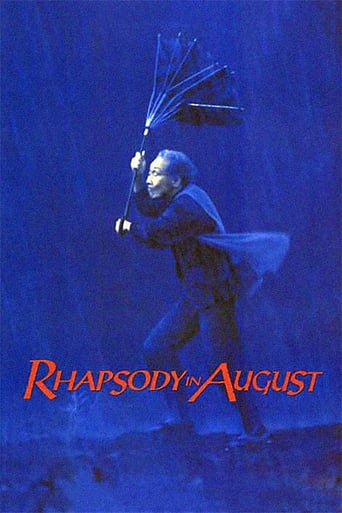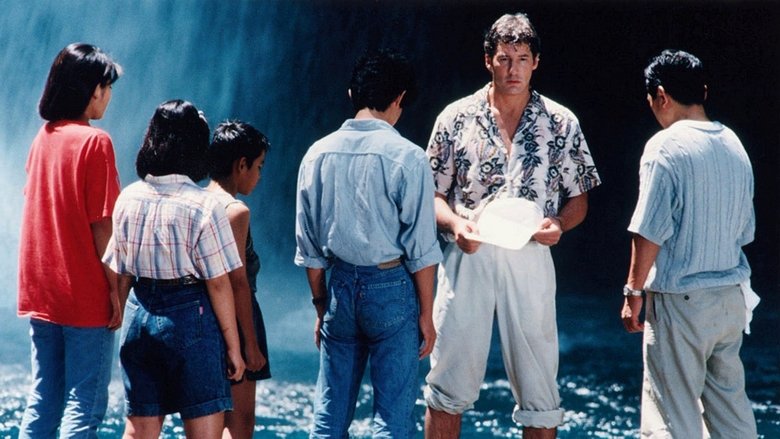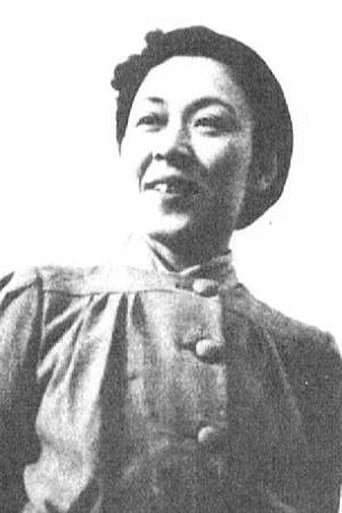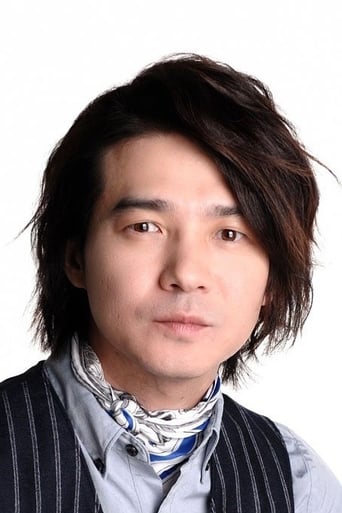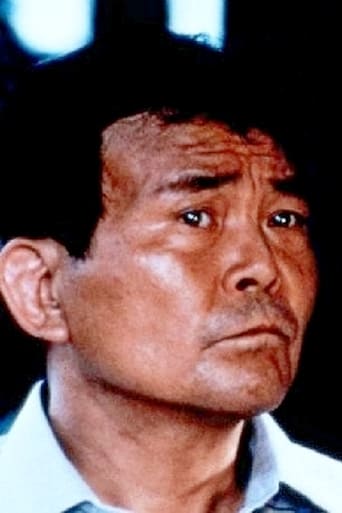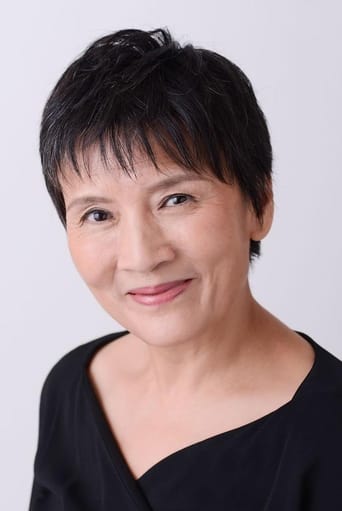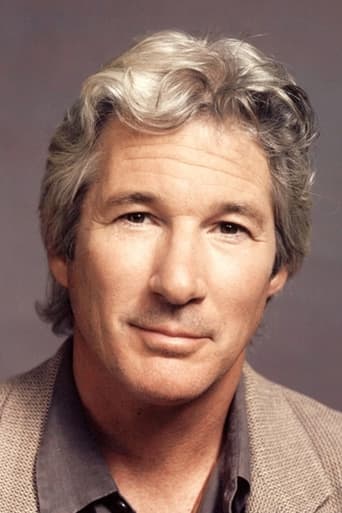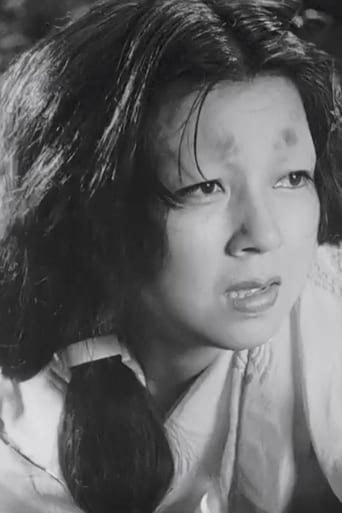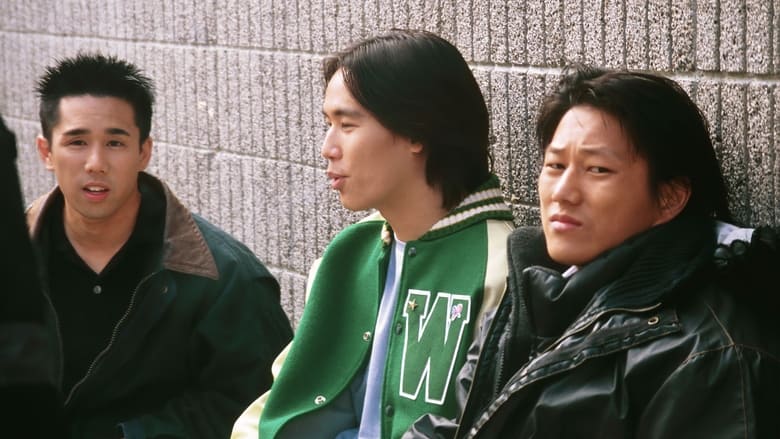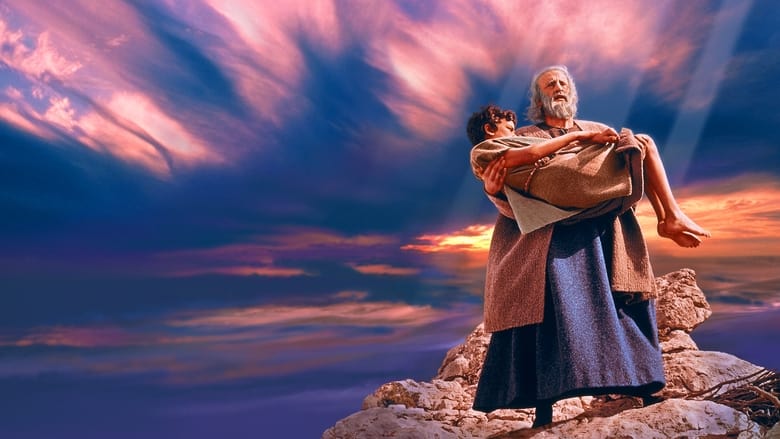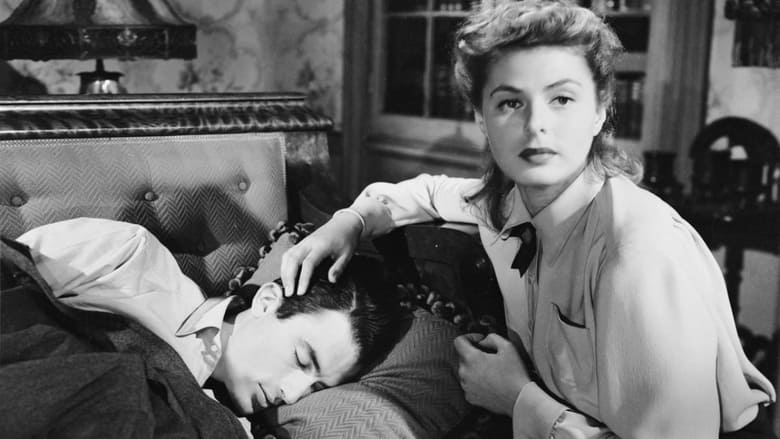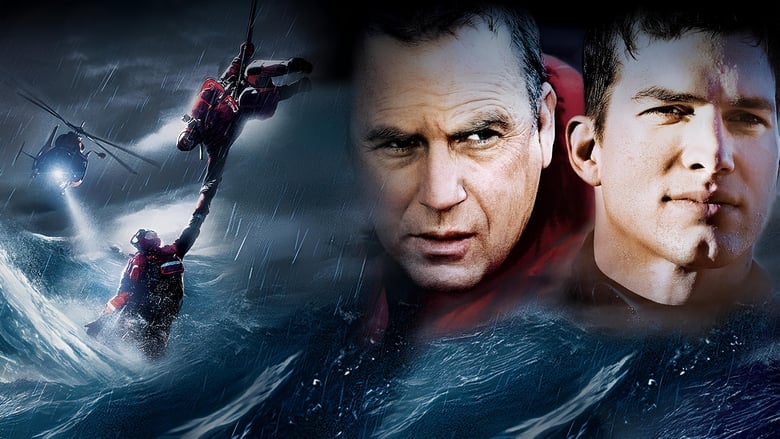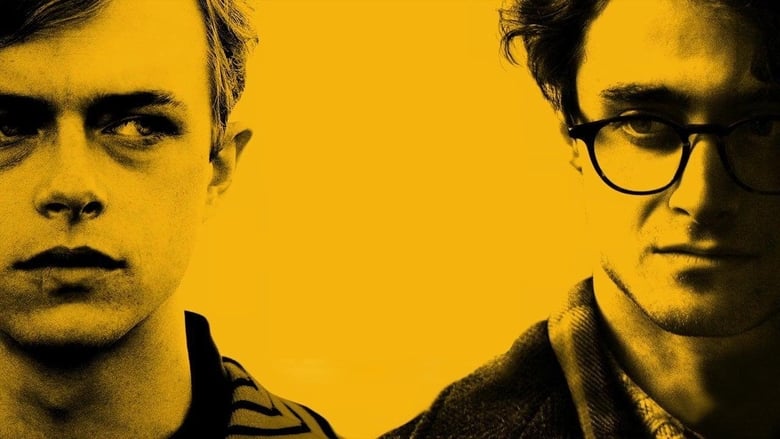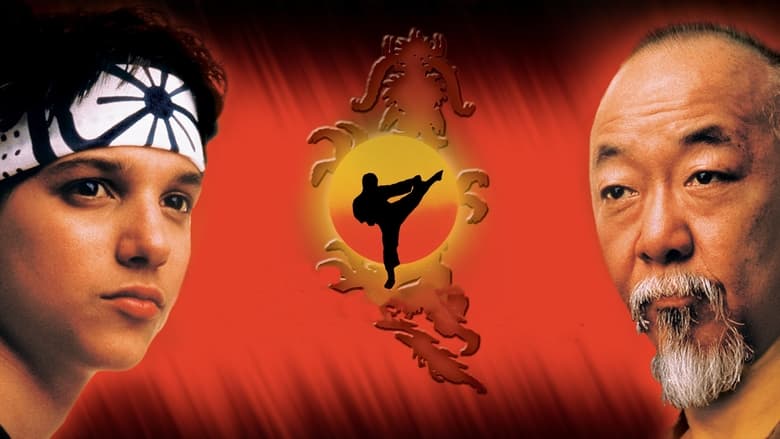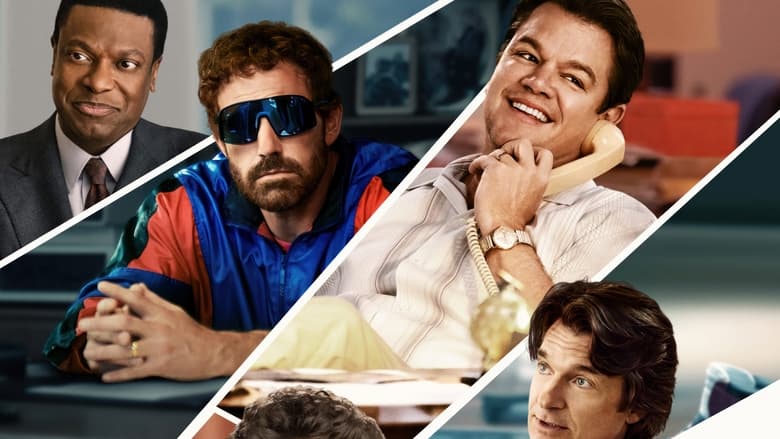The story centers on an elderly hibakusha, whose husband was one of 80,000 human beings killed in the 1945 atomic bombing of Nagasaki, caring for her four grandchildren over the summer. She learns of a long-lost brother, Suzujiro, living in Hawaii who wants her to visit him before he dies.


Similar titles
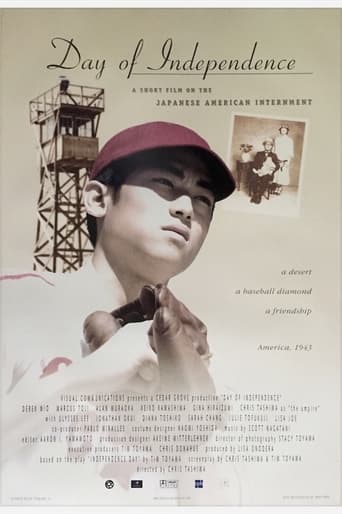
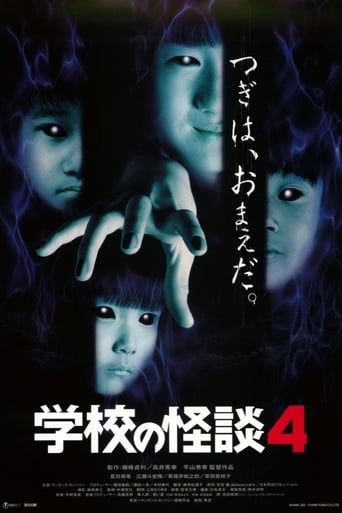
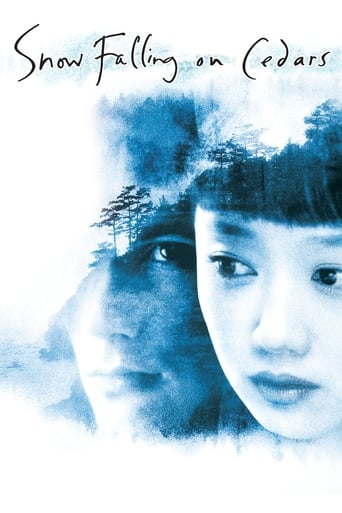
Reviews
Nagasaki is often overlooked when mention is made of the 1945 Atomic bombings of Japan. Recent revelations suggest that NEITHER bombing was in fact necessary "to put an end to hostilities." What this says about US is all too clear. Like it or not. As I write this, Israel's month-long "ethnic cleansing" in Gaza is (at least momentarily) being suspended. (As Norman Finkelstein points out, this is referred to by the Israelis as "mowing the grass.") "We're going to put the Palestinians on a diet," the Israeli authorities boasted before the "cleansing" began. And WE- the United $tate$- added fuel to the fire by supplying weapons to the Israelis throughout "the long, dark night." Among the memorable images: a freezer stacked full of dead babies and the bodies of handicapped children murdered by I$raeli soldiers. (And M.I.T.'s Theodore Postol points out that the much-vaunted "Iron Dome" the U.$. helps maintain is nothing less than a costly SHAM.) It's a propensity we seem to have in this country: we initiate or at the least facilitate mass murder around the world and then absolve ourselves of all wrongdoing. But, somehow, Life goes on; blooms anew in the ashes of the wreckage(s) we've caused. RHAPSODY IN AUGUST is the kind of movie that should be shown in History classes in this country; it sure couldn't hurt...
This film feels like a story the great Akira Kurosawa wanted to tell. Four grandchildren are staying with their aged grandma outside of Nagasaki. She is a survivor of the bomb in 1945, but her husband, a teacher, perished that day. The grandmother's children are in Hawaii visiting a relative and her husband, who is played by Richard Gere in a fine understated performance. Clark (Gere) and his wife have her father living with them, and they claim he is one of Grandma's brothers, but she cannot remember him. The film becomes a mediation on the war, specifically the devastating effect on Nagasaki. In one particularly touching scene everyone gathers at the school where Grandpa perished that day in August. There is a monument there built for the children who dies there that day, a sculpture of mangled monkey bars. The film is slow moving, meditative, but moving in its best moments. While not among Kurosawa's best work (its virtually impossible to stand up to such greatness), this last film of his is a touching tribute to a part of his life (and so many others) that is both easy to forget, but also impossible not to remember. The acting is uniformly very good, especially the four children and Grandma. Recommended.
Akira Kurosawa, in the twilight of his career, turned his attention to a quiet study of lingering wartime trauma, showing different generations of Japanese civilians recalling the atom bombing of Nagasaki, with varying degrees of shame, understanding, and curiosity. By coincidence the film opened just after the 50-year anniversary of the attack on Pearl Harbor, but Kurosawa isn't interested in scratching old war wounds, and his characters show more envy than hatred of Western culture: note how the jeans and t-shirts worn by the younger kids are always colored in some combination of red, white and blue. But the story is too polite to generate anything resembling a conflict, and the occasional profound image (a rose in full bloom, surrounded by ants) may not be enough to hold the viewer's attention through the final credits. Late in life, Kurosawa the artist gave way to Kurosawa the messenger, and the result here is another mild disappointment from an acknowledged master filmmaker resting on his laurels: heartfelt and certainly respectable, but too often rarely more than simply dull.
This is the toughest negative review I've ever written. I love Kurosawa's work; his films are deeply philosophical and unquestionably artistic. Also I have very deep sympathy and respect for the 200,000 Japanese civilians who were broiled alive when that idiot Truman decided to play boom boom with his new toy. As far as "preaching to the choir" goes, I AM THE CHOIR.But someone has to say it. This movie was awful. It was so clumsy and melodramatic that it made a mockery of both Kurosawa and the atomic tragedy he portrays. Like my title implies, it's the "ABC afterschool special" version of life after the atomic bomb, complete with a cast of sappy kids, an overly-sentimental script, amateur editing and a philosophical message so vapid that it wouldn't fill the back of a postcard.Have you ever sat around at Thanksgiving dinner listening to your great-grandmother ramble incoherently about something of great importance? She repeats herself. She takes 10 minutes to communicate the simplest thought. And when it's all over, no one knows or cares what she was talking about because the presentation was so damn irritating. That's what you get here.I'll give you an example of one scene. The scene shows the widowed grandmother praying before some lighted candles. It should be obvious that she's paying respects to her dead husband killed by the bomb. But just in case you didn't catch that--just in case you thought she was playing bingo or something--here's how the script goes:Kid #1: What's that about?Kid #2: Chanting Buddhist sutras.Kid #3: It's a service for the souls of the departed.Kid #2: It's August. Soon it'll be Atomic Bomb Day.Kid #3: August 9th.Kid #4: The day grandpa died.(camera lingers for 5 or 10 seconds)Oh puh-leez. I think we got the message ten minutes ago. What could have been a gripping moment is now just an irritating waste of film and dialogue (with bad acting to boot). I could see the audience collectively rolling its eyes, and I'm ashamed to admit I was rolling along with them.Don't even get me started on the people in the audience who reacted defensively, believing this to be an anti-American slam. Obviously it's NOT. But I can understand how people might come away with that impression. Kurosawa lays it on so thick that you can't help but feel like he's pointing the finger of blame. If he HAD made it an anti-American film (or at least anti-idiot-Truman), then I would have found it much more interesting. But instead, it's just an overinflated pity party that never ends. There's no conflict; all the characters agree that the bomb sucked. All the characters bow their heads. All the characters feel sorry. For 2 hours it's a one-way ticket to "waaah".Save yourself the violin strings. Skip this movie and watch the documentary "Nagasaki: The Horror and Legacy of Fat Man" (1995) which is a gripping testament to the suffering and madness experienced by the Japanese civilians. Or if you want to enjoy a GOOD sentimental film of Kurosawa, watch "Ikuru" (1952). But I can't think of a single reason why anyone would want to watch this movie.
